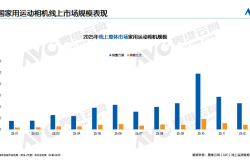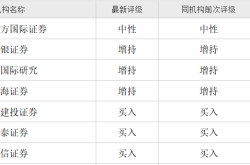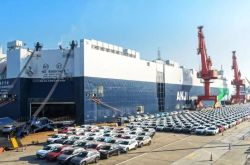Volkswagen plans to reduce 4 billion euros: close factories, reduce salaries for all employees, freeze wage increases, etc.
![]() 10/28 2024
10/28 2024
![]() 637
637
According to a report by Germany's Handelsblatt on October 27th, quoting insiders within the Volkswagen Group, Volkswagen is exploring a series of cost-cutting measures for its core brand, including a 10% pay cut for all employees, a freeze on wage increases for two years, restrictions on bonuses for senior employees, reduction of additional benefits on employee anniversaries, and the closure of some German factories, in order to save 4 billion euros.
The report mentioned that according to insiders within Volkswagen, as the economic situation becomes increasingly severe, Volkswagen is facing pressure to reduce expenses. Against this backdrop, despite Volkswagen management's assurance that a new operational plan would be formulated, employees remain dissatisfied with them as management has yet to provide a clear long-term strategy.
It is reported that wage negotiations are conducted separately. A representative of IG Metall, the German metalworkers' union, pointed out that formal negotiations on employee wage adjustments will begin on October 30th.
In fact, news of Volkswagen's plans to cut costs has been circulating for some time, and actions have already begun. On September 2nd, Volkswagen issued a statement saying that the company was considering closing one of its automotive manufacturing plants and one of its component factories in Germany, and was also considering terminating a decades-old employment guarantee agreement reached with trade unions.
In that statement, Volkswagen management hoped that these measures would save 10 billion euros in operating costs by 2026. However, trade union representatives opposed this at the time, with trade union president Daniela Cavallo stating bluntly that it was absolutely impossible for Volkswagen to close its German factories.
On September 8th, Oliver Blume, Chairman of the Volkswagen Group Board of Directors, said in an interview with the media that the situation facing the Volkswagen brand was "very serious" and that it was no longer acceptable to let things continue as they were.
As a result, Volkswagen began to gradually take action. The first step was to reduce battery production capacity. According to a Reuters report last month, a spokesman for the labor committee of Volkswagen's battery subsidiary PowerCo said that while two production lines were originally planned for the Salzgitter factory, only one is currently under construction, and plans for the second line have been shelved.
The second step was to continuously explore cost-cutting solutions. According to relevant media reports, since the beginning of October, the management of the Volkswagen Group has been holding weekly meetings with worker representatives to specifically review the cost efficiency of each production base in Germany and formulate strategies for the allocation of vehicle models at each factory, analyzing where costs can be cut and which models each factory will produce.
However, in mid-October, the four German federal states of Lower Saxony, Saxony, Hesse, and Berlin explicitly opposed the closure of Volkswagen factories and layoffs within their jurisdictions. The jointly signed document by the state economics ministers stated: "All factories should be fully retained."







